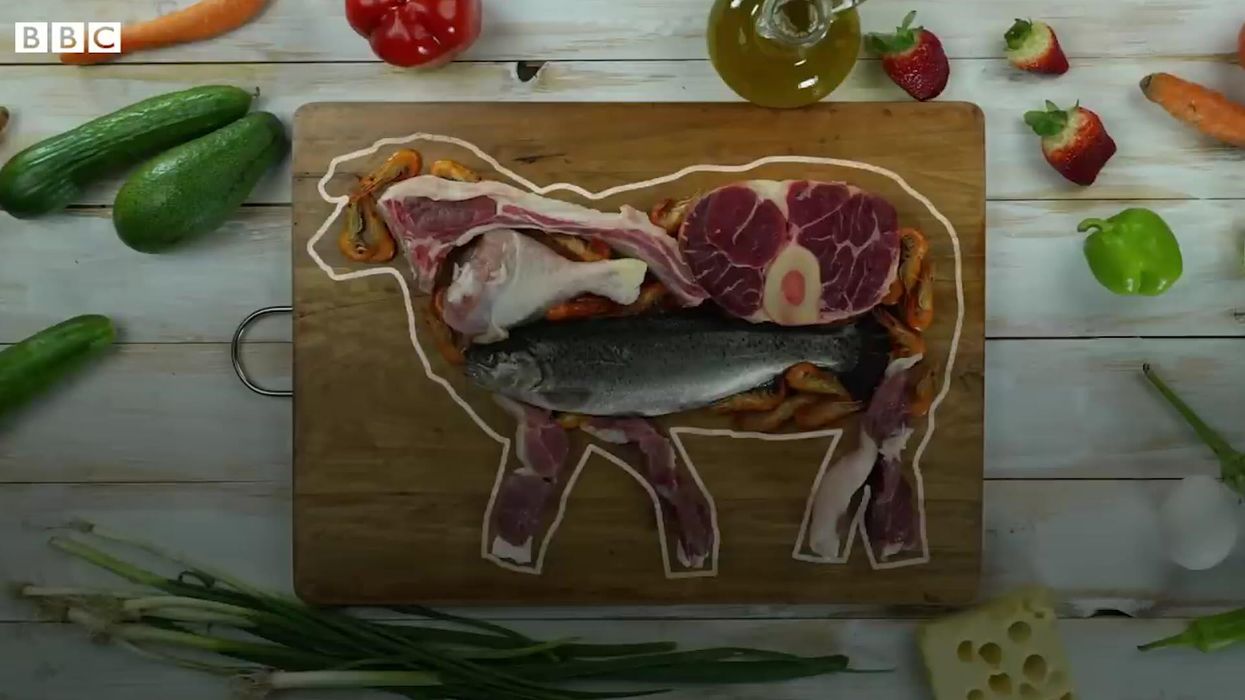Identical twins decided to try out different diets for 12 weeks - and the results were significant.
Hugo and Ross Turner, the twin brothers in question, have become human guinea pigs as they discovered how their bodies would react to vegan food and meat and dairy products.
The twins can be spotted traveling worldwide, rowing the Atlantic Ocean to climbing Mount Elbrus, the highest peak of the Caucasus and the highest mountain in Europe.
Within a recent study at the Department of Twin Research & Genetic Epidemiology at King's College in London, the twins adopted different dietary plans: Ross ate meat and dairy products and Hugo ate only vegan food.
"Because we are genetically identical, we can compare various different foods, training regimes and find out what works for us," Ross told BBC Reel.
Sign up to our new free Indy100 weekly newsletter
Hugo also added that they dubbed themselves "adventure guinea pigs" because they've participated in twin research conducted over the years at King's College.
"We wanted to use the model of identical twins, who are genetic clones, in order to test the effects of diet and exercise on the way they respond to foods," said Professor Tim Spector, an epidemiologist and lead researcher of the study.
The results for the twins were small but telling.
Compared to Ross, who was consuming meat, Hugo experienced a significant drop in cholesterol and an increase in the resistance to type 2 diabetes.
At first, Hugo said that he struggled with the vegan diet for the first few weeks, experiencing massive cravings for meat and cheese. He eventually adapted to it and claimed to have more energy.
The vegan diet was also associated with steadier blood sugar and energy levels, while the meat-based diet created harsher highs and lows in energy.
However, it became interesting that the vegan diet reduced gut bacteria diversity while remaining stable in the meat and dairy diet.
This essentially means that Hugo, who is on the vegan diet, could have potentially been more likely to get illnesses than Ross.
In other large-scale studies that are conducted with twins, Professor Spector has found similar results in twins and other people when it comes to how the body processes sugars.
"We find that, on average, most identical twins only share between 25 and 30 per cent of their microbes with each other. We think this is why many of their metabolisms are different, and they react to food differently," he said.
Elsewhere, Hugo said that he slightly changed up his diet and now consumes various things.
"Eat the rainbow, eat everything in moderation. You have a balanced diet; that's really the key, I think," he said.
Have your say in our news democracy. Click the upvote icon at the top of the page to help raise this article through the indy100 rankings.














